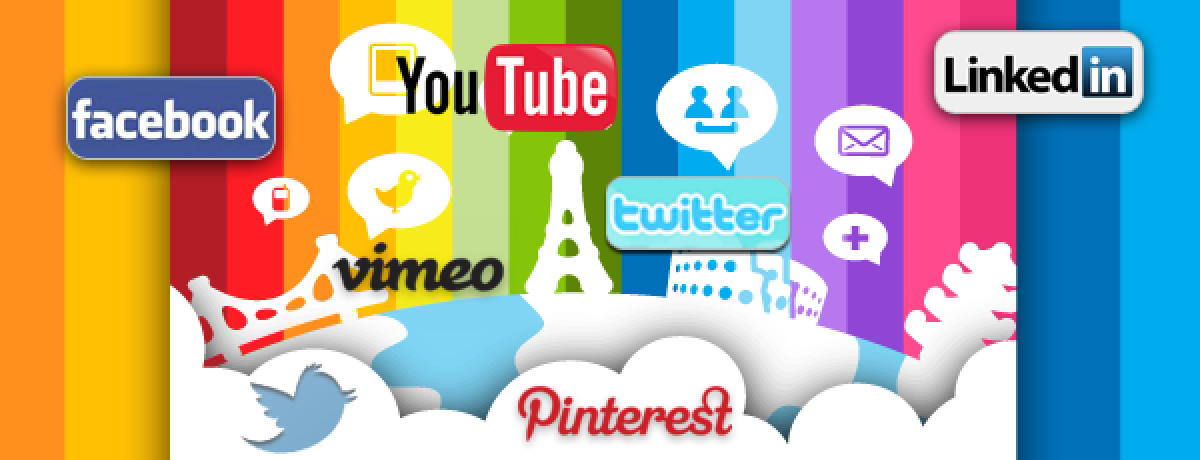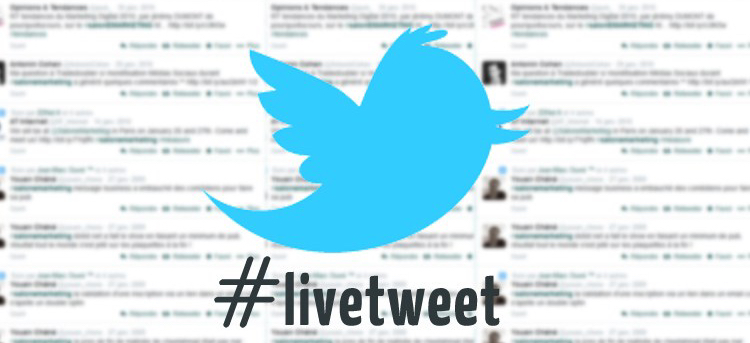Akira is a 1988 drama/thriller where a ‘secret military project endangers Neo-Tokyo when it turns a biker gang member into a rampaging psychic psychopath who can only be stopped by two teenagers and a group of psychics’ (IMDB).

I wasn’t looking forward to this film as it isn’t something I would normally watch, however I actually found it kind of interesting. As part of my research for live tweeting, I came to learn that there is continuous talk of turning this film into a live action, showing just how timeless and popular this film is.
The standout part of the film for me was the brother-like dynamic between Kaneda and Tetsuo. I found it interesting that this dynamic, in my opinion, eventually leads to the need for power for Tetsuo. Where Kaneda is always looking after him, he finally feels the need to break away and take more control for himself, showing Kaneda that he can look s need Kaneda. On a much smaller scale I would call this an argument between siblings.

Autoethnography is not a term I had heard of before taking Digital Asia this semester so I was very confused as to what this meant. After week one, my understanding of this term is; taking cultural background and personal experience and using them to influence research. According to Ellis et al (2011) ‘Autoethnography is an approach to research and writing that seeks to describe and systematically analyze (graphy) personal experience (auto) in order to understand cultural experience (ethno).’
After researching this topic, I have found that a major part of autoethnography is being able to understand your own feelings, reactions and motives and how these influence what you think or do in certain situations. This is called reflexivity. Anderson (2006) defines reflexivity as ‘the researchers’ awareness of their necessary connection to the research situation and hence their effects upon it.’ For reflexivity to happen, there must be a connection between ethnographers and their settings as it entails a desire to better understand both themselves and others through examining actions and perceptions (Anderson, 2006). As ethnography involves personal experience, good reflexivity is important for ethnographers.
So far, my understanding of ethnography is limited to what is written above, however as we explore this concept in more depth throughout the semester and in the digital artefacts, my understanding will grow.
Reference List
Anderson, L. (2006) Analytic Autoethnography, Journal of Contemporary Ethnography, Vol. 35, No. 4, pp. 373-393.
Ellis, C., Adams, T.E., and Bochner, A.P. (2011) ‘Autoethnography: An Overview‘, Forum: Qualitative Social Research, 12:1. Available at: http://www.qualitative-research.net/index.php/fqs/article/view/1589/3095














